EOSINOPHILIC ESOPHAGITIS
—IT'S A LOT TO SWALLOW.
People suffering from EoE go through a lot to manage it. Explore the potential causes and triggers of EoE and what it’s like to live with the disease.
Sign Up for More Info
What Causes EoE?
While the cause of EoE is unknown, it’s believed to be a result of how a person’s immune system interacts with environmental factors like air irritants. It is known that a certain kind of inflammation, known as Type 2 inflammation, can contribute to EoE symptoms. Avoiding certain food groups that might contribute to this condition may help manage EoE over time.
triggers for EoE are:






often live each day with frustrating limitations. Find the support you need:
What Does It Mean to
Live With EoE?
EoE can make mealtimes difficult by
making eating unpredictable. See if
any of
these coping mechanisms
sound familiar to you:

- Cutting food into tiny
pieces - Mixing food with sauces,
gravy, or liquids

- Drinking a lot of
liquid to help food
go down

- Chewing for a long time
- Avoiding sticky or dense
foods like bread or meat

- Avoiding food-oriented
events - Eating at home before
going to food‑oriented
events
You should talk to your doctor if you are experiencing any of these signs. To
get the conversation started, fill out a doctor discussion guide:
The Social and Emotional Toll of EoE
Living with EoE doesn’t just impact physical health; it also affects emotional well-being
and social interactions. While mealtimes usually bring people together, anxiety
around eating may lead individuals with EoE to avoid social situations centered on
food. Overall, EoE symptoms can make eating a stress-inducing experience.


The Connection between Allergies and EoE
People with EoE often have to deal with multiple allergic issues, with
75% of adults and 60% of children with EoE having a history of:
- Asthma
- Eczema
- Environmental and/or food allergies